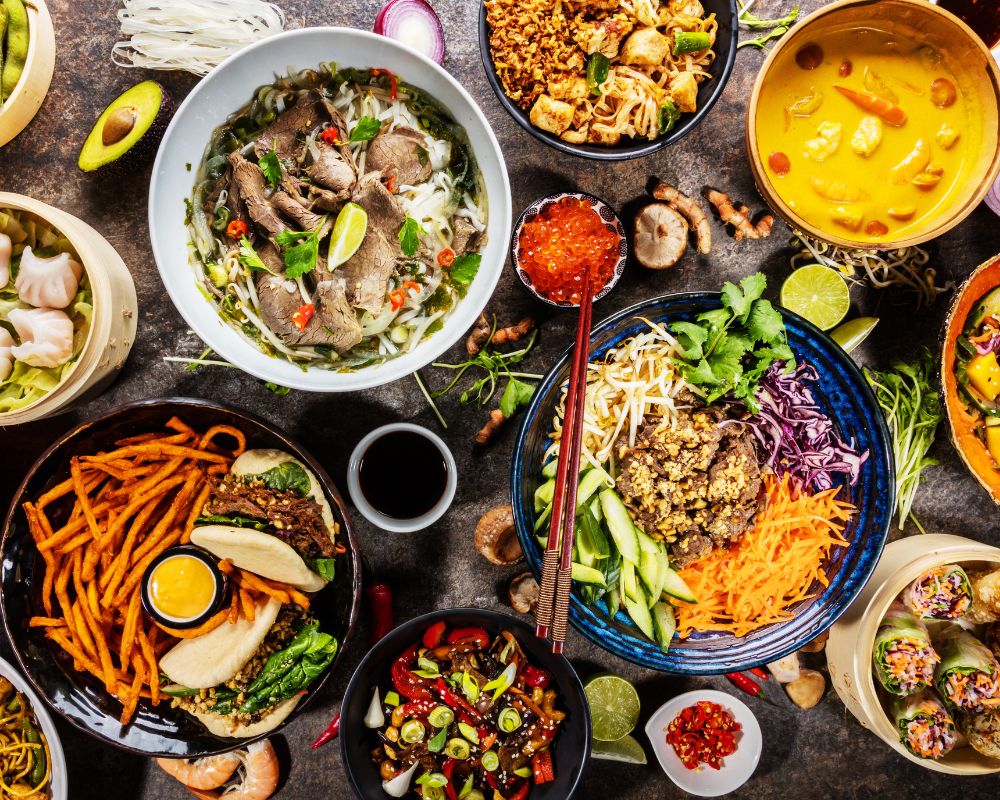Navigating through the complexities of hormone imbalances as a woman has been both a challenging and enlightening journey for me. Like many of us, I’ve experienced my share of ups and downs, from unpredictable mood swings to unexplained fatigue. It wasn’t until I delved into the world of hormone-balancing foods that I began to see a light at the end of the tunnel. Here, I want to share my story, the struggles, the discoveries, and how changing my diet has transformed my life.
The Awakening
My journey began a few years ago when I found myself constantly battling fatigue, irritability, and a general sense of unwellness. Visits to the doctor offered little beyond the standard advice: exercise more, stress less. Easier said than done. It was only through my own research that I stumbled upon the concept of hormone imbalances and the significant role diet plays in our hormonal health.

The Discovery
I learned that certain foods can either wreak havoc on our hormones or help balance them. This was a game-changer for me. The idea that I could potentially ease my symptoms through something as accessible as my diet was both empowering and motivating.
Foods That Changed My Life
1. Leafy Greens and Cruciferous Vegetables
Incorporating a variety of leafy greens like spinach and kale, along with cruciferous vegetables such as broccoli and Brussels sprouts, became a cornerstone of my diet. These foods are rich in indole-3-carbinol, which helps with estrogen metabolism, potentially reducing the risk of estrogen-related cancers and balancing hormone levels.
2. Healthy Fats
I also learned the importance of healthy fats, particularly those rich in omega-3 fatty acids, like salmon, flaxseeds, and walnuts. These fats are crucial for hormone production and can help reduce inflammation, which is often linked to hormonal imbalances.
3. Fermented Foods
Fermented foods like yogurt, kefir, and sauerkraut became my go-to for gut health. A healthy gut microbiome is essential for hormone balance, especially since a significant portion of serotonin (the mood-stabilizing hormone) is produced in the gut.
4. Complex Carbohydrates
Swapping out refined carbs for complex ones like quinoa, sweet potatoes, and oats was a game-changer. These foods help maintain steady blood sugar levels, reducing the risk of insulin resistance, which can lead to imbalances in hormones like estrogen and testosterone.
5. Protein-Rich Foods
Ensuring I had enough protein in every meal was crucial. Foods like chicken, tofu, and lentils not only support muscle repair and growth but also play a role in hormone health by providing the essential amino acids needed for hormone production.

The Transformation
Within months of adjusting my diet, the changes were undeniable. My energy levels increased, my mood swings diminished, and my overall sense of well-being improved significantly. It was as if I had unlocked the secret to my own body, learning how to nourish it in a way that directly addressed my hormonal health.
The Challenges
Of course, the journey wasn’t without its challenges. Overhauling my diet required a level of discipline and commitment I hadn’t anticipated. It meant planning meals, reading labels, and being mindful of the foods I was putting into my body. There were moments of frustration and temptation, but the results I was seeing kept me motivated.
The Lessons Learned
This journey taught me the profound impact food has on our bodies, far beyond just calories and nutrients. It’s about how foods interact with our hormones and the cascading effects this has on our health, mood, and energy levels. I learned that while there’s no one-size-fits-all solution, starting with diet can be a powerful step toward hormone balance.
The Way Forward
Today, I continue to prioritize hormone-balancing foods in my diet, not just for myself but also in sharing this knowledge with others. It’s become a passion of mine to help other women understand the power of nutrition in managing their hormonal health.
Final Thoughts
To anyone struggling with hormone imbalances, know that you’re not alone. While the journey to balance is personal and can vary greatly from one individual to another, incorporating hormone-balancing foods into your diet is a simple, yet powerful, step you can take. It’s not a quick fix, but with patience and persistence, the changes can be transformative. Remember, the goal is not perfection but progress, one meal at a time.

